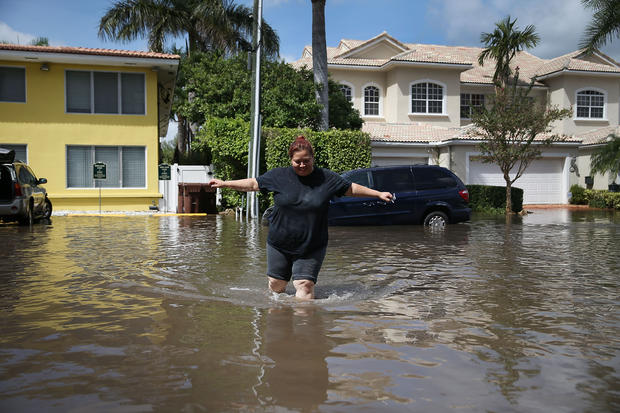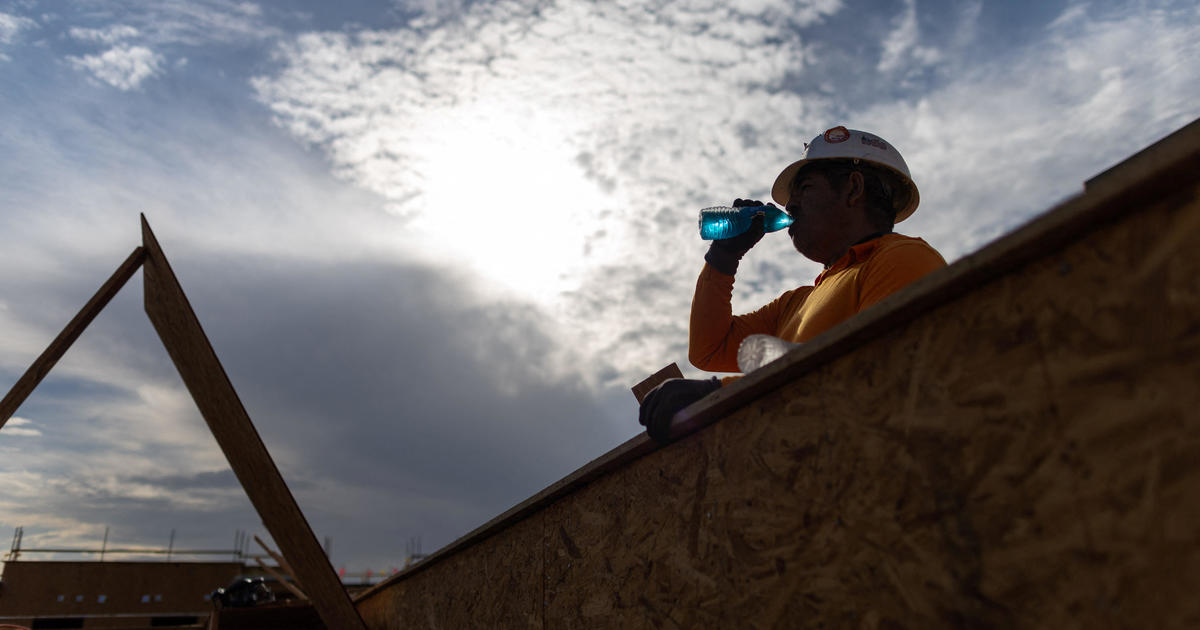Sea level rise will disproportionately hit U.S. this century, NOAA warns
Global sea level rise is unfolding at a stunning pace, and a new report from the National Oceanic and Atmospheric Association (NOAA) says the U.S. will find itself directly in the crosshairs. Over the coming decades, some parts of the nation’s coastline will be hit harder than others, the study finds.
The report — co-authored with the U.S. Department of Commerce, the U.S. Geological Survey, the Environmental Protection Agency, the South Florida Water Management District, and scientists from Rutgers and Columbia University — outlined six likely scenarios for sea level rise, ranging in severity from low to extreme, so that communities and the federal government can plan around those likelihoods.
In almost all the scientists’ projections, sea level rise will disproportionately affect the coasts of the U.S. Northeast and the western Gulf of Mexico, compared to averages across the globe. Except for Alaska, the report says nearly all of the U.S. coastline is more vulnerable than the global average if more severe scenarios come to pass.
In the mildest projected scenario, global sea levels will rise by about one foot by the end of this century. In the worst-case scenario, global sea levels will rise by 8.2 feet.
Though eight feet may not sound like a huge number, the consequences would be devastating: researchers have estimated that a lower rise of six feet would be enough swallow up the homes of about six million Americans.
The new report is an update to one issued in 2012, and paints a significantly darker picture of sea level rise. The worst-case scenario outlined in this report is 1.6 feet higher than the worst-case scenario scientists projected for this century just five years ago.
What’s behind the growing concern about sea level rise? A major factor, scientists say, is the rapid melting of Arctic ice due to global warming. The Earth saw its third straight year of record-high temperatures in 2016, while polar ice diminished to record lows.
In historical perspective, Arctic warming over the past five years is “as fast and as large a magnitude” as the warming that occurred during the last vestiges of the Ice Age 11,500 years ago — the transition that gave birth to our modern climate era, Paul Mayewski, professor at the University of Maine’s Climate Change Institute, told CBS News last month.
The latest report also points out that worldwide, sea level rise will impact different geographic areas in vastly different ways, shaped by factors like land elevation and ocean circulation.
“The ocean is not rising like water would in a bathtub,” said William Sweet, Ph.D., a NOAA oceanographer and lead author of the report, explained in a statement. “For example, in some scenarios sea levels in the Pacific Northwest are expected to rise slower than the global average, but in the Northeast they are expected to rise faster.”
The authors say the report was conceived in response to states and cities’ requests for more information tailored to their specific locations, to help them prepare and make decisions about how to manage and adapt their critical infrastructure.




